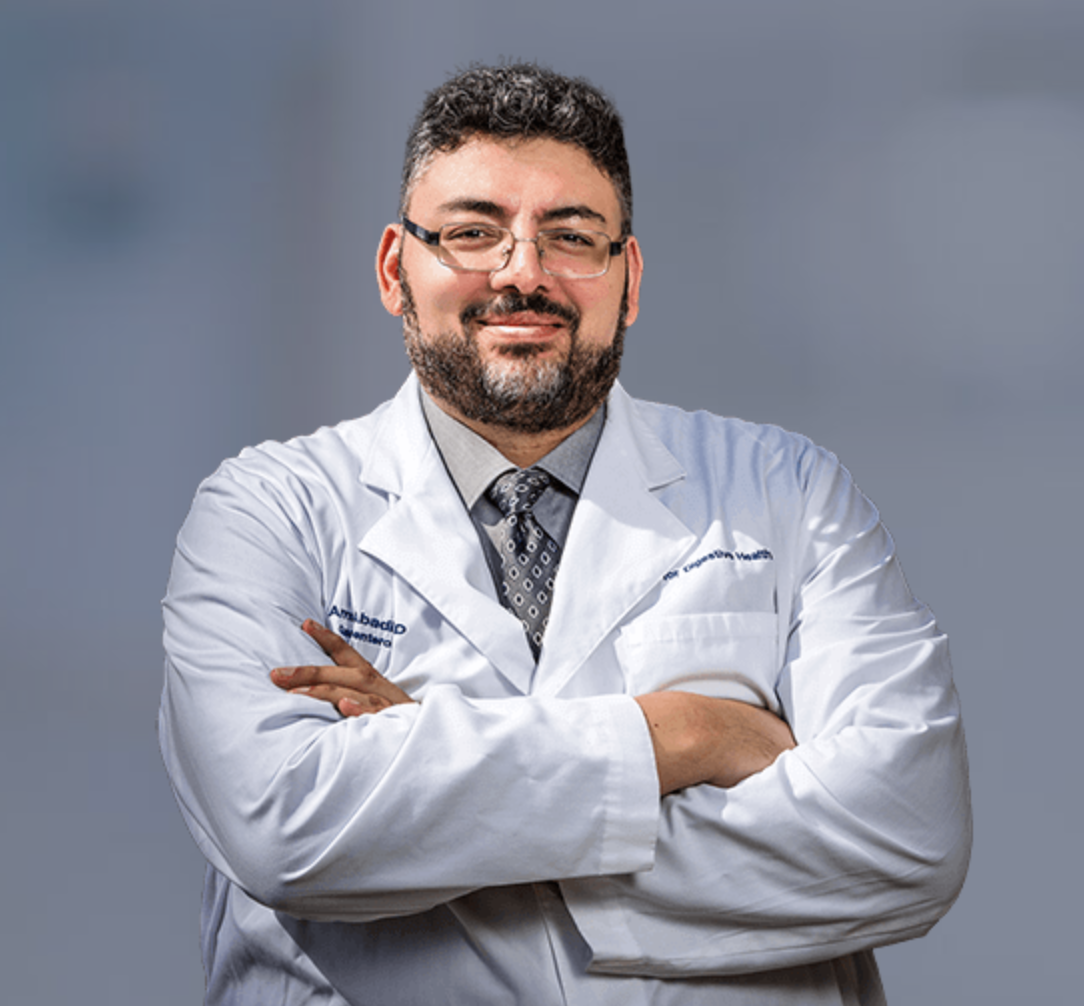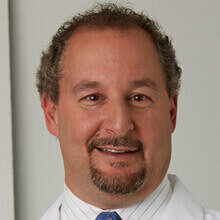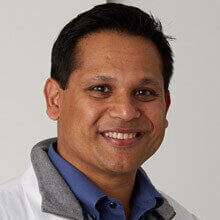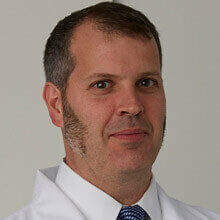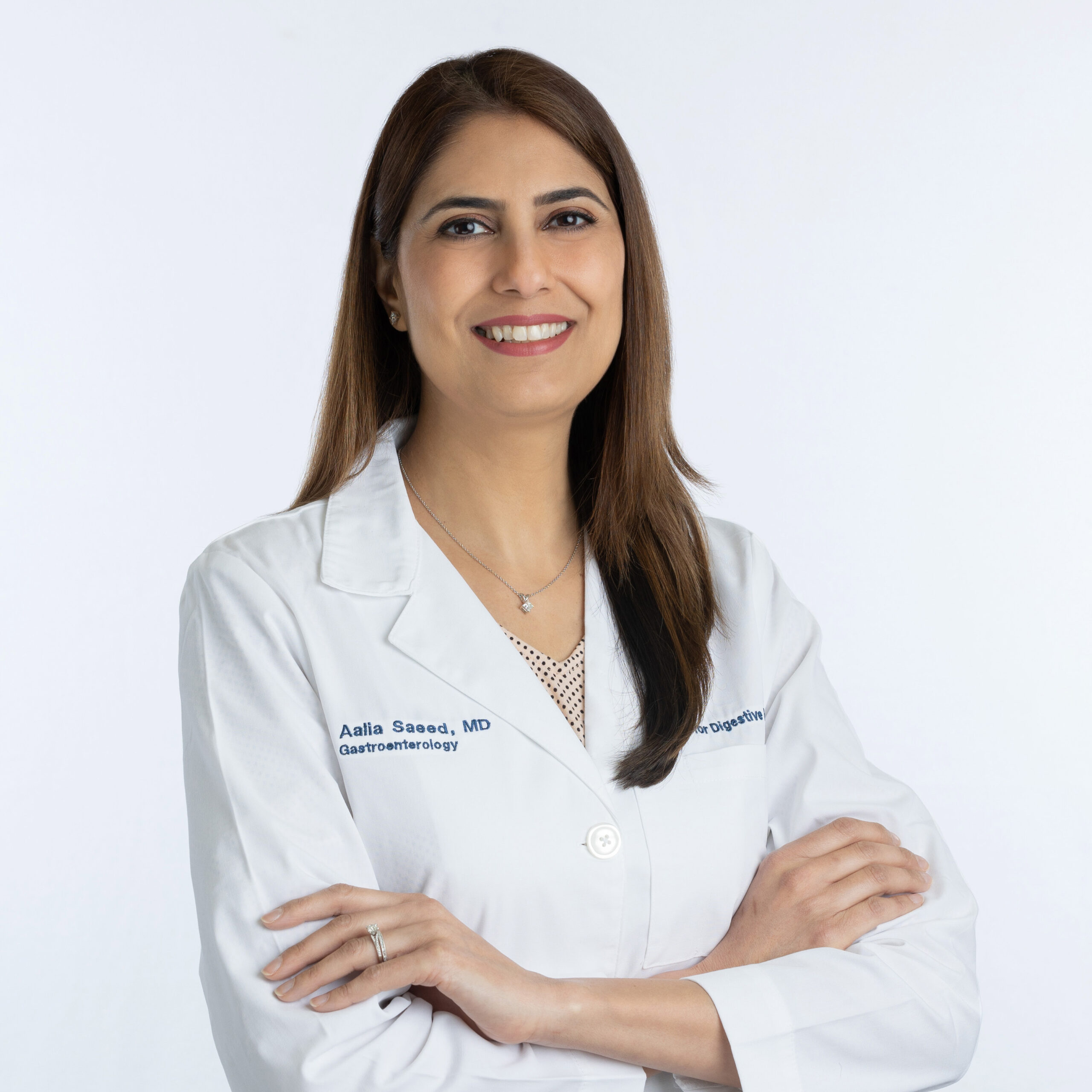Overview
Cirrhosis is a condition in which the liver malfunctions due to chronic injury, and scar tissue replaces healthy liver tissue.
There are multiple possible causes of cirrhosis. Examples include alcohol-related liver disease, hepatitis C, nonalcoholic fatty liver disease (NAFLD), hepatitis, and some inherited diseases.
Many people with cirrhosis have no early symptoms. As the disease progresses, symptoms may include weakness, fatigue, nausea, and abdominal pain.
Cirrhosis treatments try to stop the progression of scar tissue and further complications. Treatments may include the avoidance of alcohol and drugs, and nutrition therapy.
Applicable Procedures
Does Barrett’s Esophagus Mean I Will Develop Cancer?
There are multiple causes of cirrhosis of the liver. These include long term alcohol abuse, viral hepatitis, iron buildup in the body, nonalcoholic fatty liver disease, immune conditions, issues with bile ducts, genetic disorders, infections, and certain medications. Chronic hepatitis is a risk factor for cirrhosis, and it is actually one of the top causes of liver disease. Being obese and consuming excessive amounts of alcohol also increase your risk of cirrhosis.
How is cirrhosis of the liver treated?
The aim of treatment for cirrhosis is to slow the progression of the condition and treat complications of the disease. If caught early, treating underlying causes can prevent further damage to the liver. For example, treatment for alcohol abuse can reduce toxic effects on the liver. Those who are overweight can improve their liver health by following a healthier diet to control weight and reduce the effects of nonalcoholic fatty liver disease. Some people may also need medications to treat underlying health conditions, like hepatitis, to reduce the risk of further liver damage. Others may require medications to treat infections, fluid buildup, or accumulation of toxins. In advanced stages of cirrhosis, the only treatment option is a liver transplant from a healthy donor.
What are the complications of cirrhosis?
Cirrhosis can lead to a variety of complications, including portal hypertension, which is high blood pressure in veins responsible for supplying blood to the liver. Portal hypertension can cause swelling in the legs and stomach, enlarged spleen, and severe bleeding. Other complications of cirrhosis include infections, malnutrition, bone disease, increased cancer risk, and a condition called jaundice, which causes eyes and skin to appear yellow. In some cases, a liver that is damaged by cirrhosis cannot clear toxins effectively, which causes them to build up in the brain, leading to confusion, concentration problems, and even coma.
Common Symptoms
- “I started to feel extremely tired, and I noticed that I was bruising easily and had no appetite.”
- “I noticed changes to my appearance, such as yellowing of my skin, spider like blood vessels, redness on my palms, and swelling in my legs. I was also itchy all the time.”
- “In addition to losing my appetite and dropping weight, I felt nauseous, and my stomach was swollen.”


